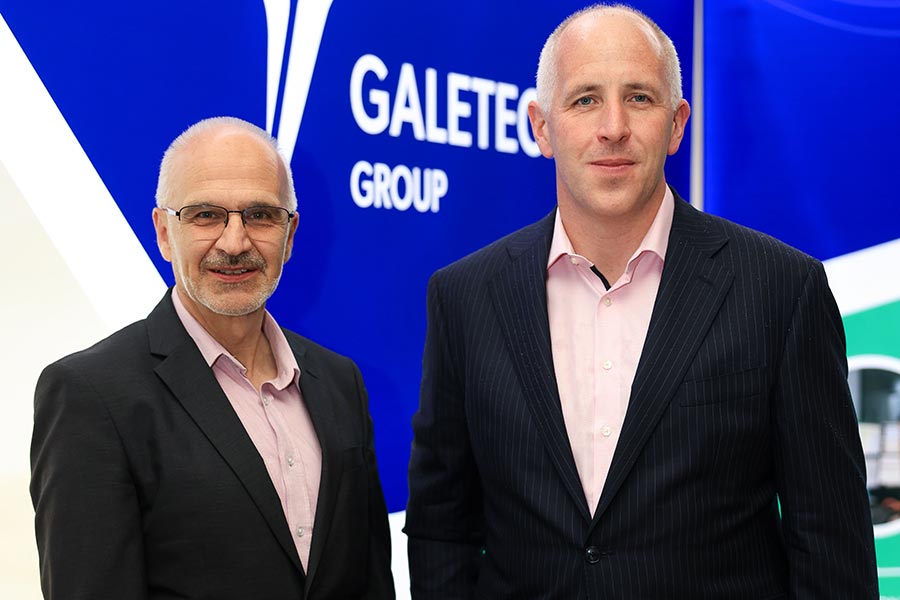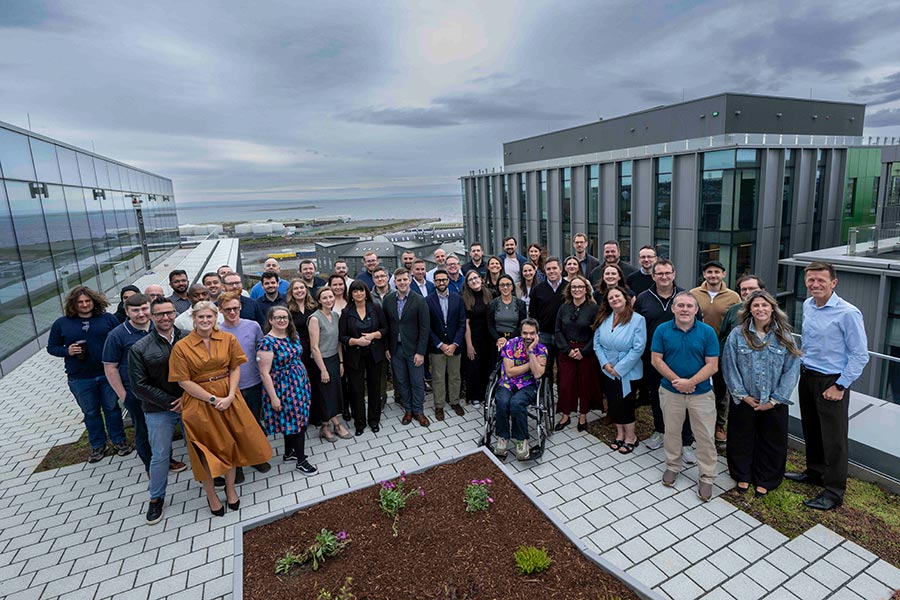Employers in Ireland will be hiring at their fastest rate for more than 15 years in the second quarter of 2022, according to the latest employment outlook survey from Manpower Group.
The company asked 400 employers across the country whether they intend to hire additional workers or reduce the size of their staff in the coming quarter and found that firms, by and large, are planning to expand.
Irish respondents returned a net employment outlook of +32%, above the +29% average across the 40 countries surveyed and 29 percentage points higher than during the same period a year ago when just 3% more businesses were planning to expand their workforce rather than reduce it.
The IT sector is the biggest driver of new employment with a net employment outlook of +42%, with John Galvin, managing director of ManPower Group Ireland, calling the sector "a leading light in our post-pandemic economic recovery".
"The pandemic has revolutionised the use of technology and IT across all sectors, which has driven up demand for tech skills in companies across the board," he said.
"The tech sector had been an early adaptor of remote working prior to the pandemic, and we’re seeing tech companies continue to offer remote and hybrid work opportunities as offices have reopened.
"At a time when employers are facing a talent shortage, this is an important consideration in making new job opportunities candidate friendly and diversifying talent pools to attract the right candidates."

Other industry (+36%); other services (+34%); banking, finance, insurance and real estate (+32%); restaurants and hotels (+30%); education, health, social work and government (+29%); manufacturing (+28%); construction (+23%), and wholesale and retail trade (+22%) all intend to increase hiring as well.
Employers in Dublin report a hiring outlook of +29%, up 22 points year-on-year, while companies in Connacht (+32%), Leinster (+35%) and Munster (+36%) are all ramping up hiring.
"The unemployment level is back to pre-pandemic norms, but demand for talent is three times higher," said Galvin.
"This means there aren’t enough skilled workers available in the marketplace to meet the demand. Fixing an ongoing talent gap like we’re facing in Ireland will not happen overnight, nor will it be solved by simply offering higher wages.
"It’s a candidate’s market now, so employers need to be looking at long-term solutions to find the talent they need."
(Pic: Getty Images)











